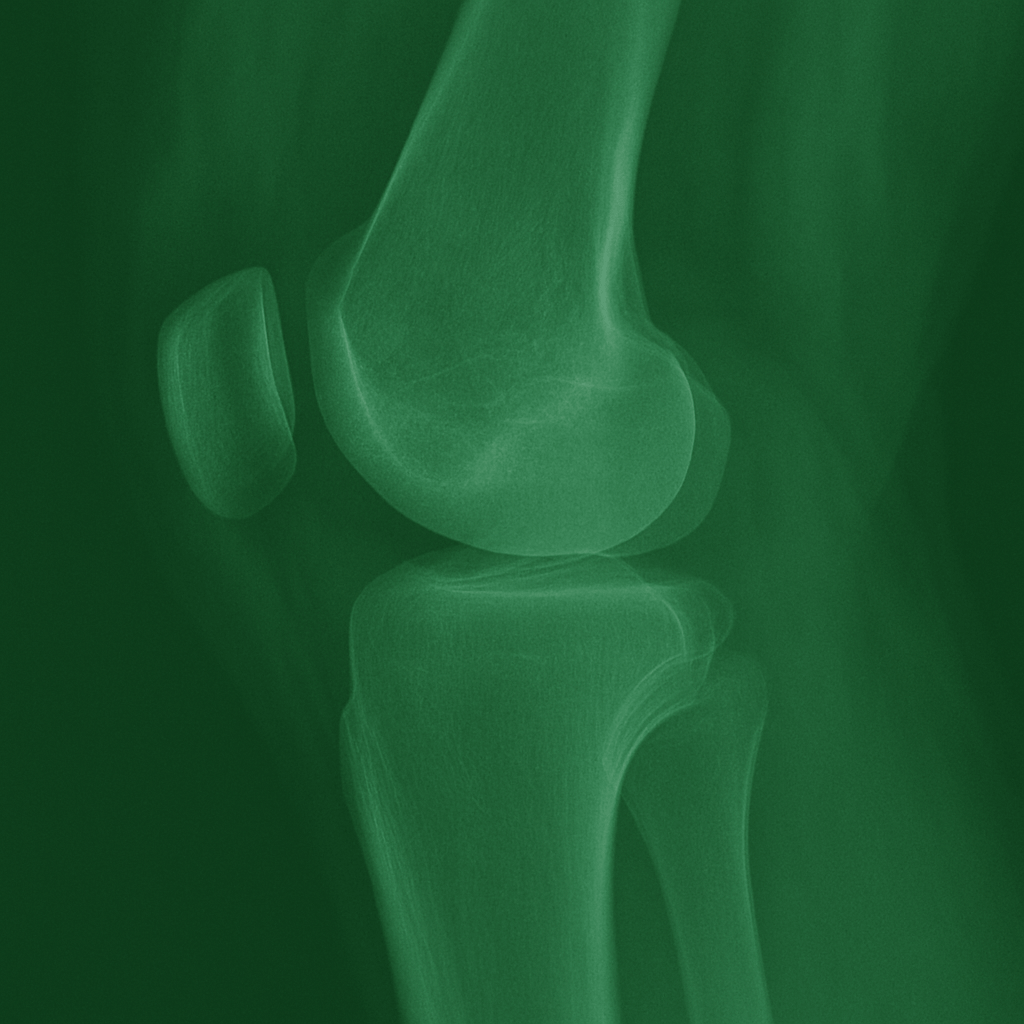Meniscus Repair and/or Debridement
Meniscus Repair and/or Debridement (otherwise known as Partial Meniscectomy) surgery may be recommended to treat tears in either the medial (inner) and/or lateral (outer) C-shaped cartilage pads that act as shock absorbers between your femur (thigh bone) and tibia (shin bone).
Surgery is typically indicated in young active patients. There is increasing evidence that meniscal surgery in middle-aged and older patients who have underlying arthritis is not beneficial (and may cause harm), unless they have significant ‘locking’ symptoms.
Benefits of Surgery
Alleviate Pain & Swelling
Surgery either fixes’ or removes the damaged torn portion of the meniscus, directly addressing the source of pain, swelling, and tenderness in the knee joint.
Eliminate Mechanical Symptoms
By repairing or removing torn fragments locking, clicking, or catching sensations can be eleviated, allowing the knee to move smoothly.
Preserve Knee Joint Health
Meniscal repair, if feasible, is particularly beneficial as it preserves the meniscus's vital shock-absorbing function, helping to protect the articular cartilage and reduce the long-term risk of developing arthritis of the knee.
Procedure Information
Dr Richmond has sub-specialist expertise in Arthroscopic Meniscus Surgery.
Following a thorough assessment, including physical examination, MRI, and consideration of your age and activity level – surgery may be recommended.
Meniscal surgery is typically performed arthroscopically (minimally invasive keyhole surgery) and may involve one or both of:
Meniscus Repair
If the tear is in a well-vascularised area and of a size that is likely to heal, the torn edges are stitched back together. This preserves the meniscus, which is beneficial for long-term knee health and preventing knee arthritis.
Meniscus Debridement
If the tear is in a poorly vascularised area, is complex and/or not otherwise amenable to repair, the damaged, unstable portion of the meniscus is carefully trimmed away. This alleviates symptoms but removes some of the shock-absorbing capacity.
Damage to the C-shaped cartilage pads in the knee, leading to pain, swelling, clicking, or locking.
Conditions Treated
During your consultation, Dr Richmond will carefully evaluate your condition and discuss all management options with you, including non-surgical treatments, so you can confidently decide on the right path forward.
Frequently Asked Questions
You can easily Request a Consultation by calling our friendly team directly on (07) 4911 6088 during business hours OR use our online Consultation Request Form.
Standard Pathway:
A referral from a Doctor (GP or Specialist) that is addressed to Dr Richmond or any other Australian Orthopaedic Surgeon, is required. Once your referral is received, either direct from the Doctor or submitted by you, it will be triaged within 24 hours. Dr Richmond will review the referral and advise regarding referral suitability, appointment urgency, and the need for any further pre-appointment imaging. The administration team will then contact you to arrange an Initial Consultation.
Rapid Access Pathway:
If you 45 years old or younger and have sustained an acute sports-related knee or shoulder injury in recent days or weeks you may choose to access this option. Call our team or use our online Consultation Request Form to request an Urgent Consultation (in person or via phone/video) with Dr Vicki Richmond (GP). Following an initial assessment, Vicki will arrange any imaging your require, a referral, and a Rapid Access Consultation with Dr Bradley Richmond, as appropriate.
DVA Gold Card and eligible White Card holders are bulk billed for all consultations. If referred by a third party, you may be entitled to receive care from Dr Richmond at no cost e.g., WorkCover, Surgery Connect.
Your Initial Consultation will involve a thorough discussion of your presenting concerns, functional limitations, and previous health history. Dr Richmond will perform a comprehensive physical examination and review any existing imaging (X-rays, ultrasound, MRI, CT scans). If further investigations are needed, they will be arranged. He will then provide a clear, understandable explanation of your diagnosis and discuss all suitable treatment options, ensuring you are fully informed for shared decision-making. If surgery is recommended (such as knee replacement surgery, rotator cuff repair, ACL reconstruction), you will receive detailed information about the procedure, expected outcomes, and potential risks.
The cost for orthopaedic surgery varies between surgeons, even for the same procedure.
Dr Richmond and his team takes Informed Financial Consent very seriously. If surgery is recommended for your condition, you will be provided with an individualised quote for the Surgical Costs associated with the indicated procedure. You will also be advised how to seek estimates for the additional Surgical Assistant, Anaesthetist, and Hospital costs.
If you have Private Health Insurance and are covered for the required item number, most elective procedures are undertaken with a Known Gap of $500.
If you are a WorkCover, Surgery Connect, or DVA patient - you will have no out-of-pocket Surgical Costs.
Please see the Fees page for more detailed information.
Yes, as long as your Private Health Insurance covers your for the required item number; most elective procedures are undertaken with a Known Gap of $500.
Estimated Price
For patients with Private Health Insurance who are eligible for this Procedure, Dr Bradley Richmond charges a Known Gap. The remaining Surgical costs are covered jointly by your Private Health Insurer and Medicare.
$500 Known Gap
Dr Richmond and his team will also advise you how to seek estimates for the additional Surgical Assistant, Anaesthetist and Hospital costs.
Please visit our Fees page to learn more, including information relevant to WorkCover, Surgery Connect, DVA, and Self-Funded patients.
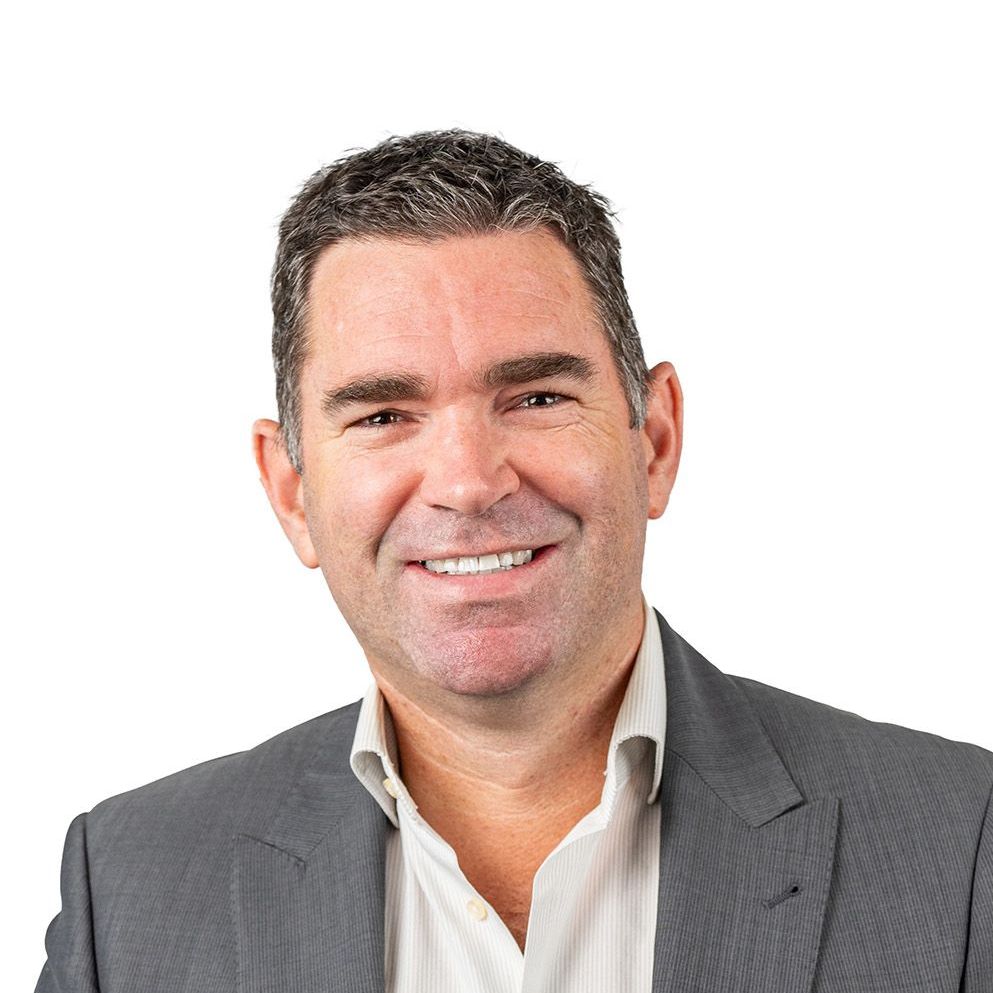
Dr Bradley Richmond
Orthopaedic Surgeon - BHB, MBChB, FRACS (Orth)
Dr Bradley Richmond graduated as a Doctor from the University of Auckland in 2004 and trained as a general Orthopaedic Surgeon in New Zealand, obtaining fellowship of The Royal Australasian College of Surgeons in 2014. He then spent a further 18 months undertaking subspecialty fellowship training in Sydney, working with some of the most respected Knee and Shoulder surgeons in Australia.
Since December 2015, Dr Richmond has had an appointment as a Staff Specialist at Rockhampton Hospital – providing public Orthopaedic care to Central Queenslanders, and providing training and supervision to Orthopaedic Trainees, Junior Doctors, and International Medical Graduate Specialists.
In April 2024, he commenced part-time private practice, focusing exclusively on his areas of specialist expertise – knee and shoulder surgery.
Operating Locations
Consulting Locations
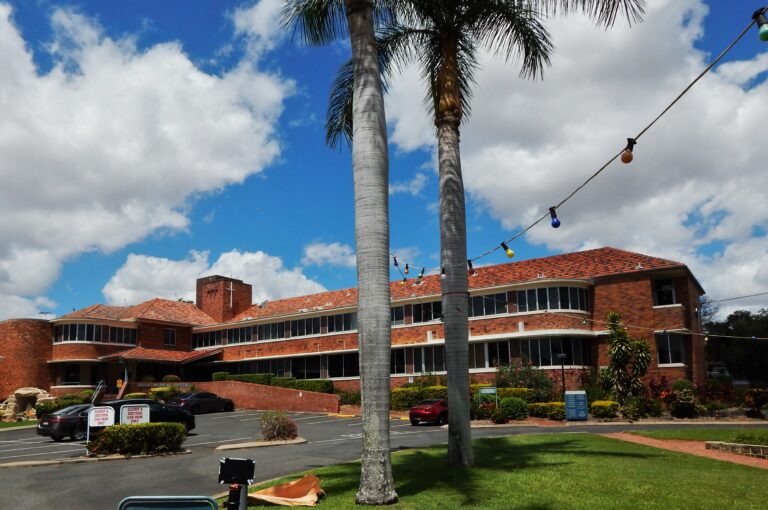
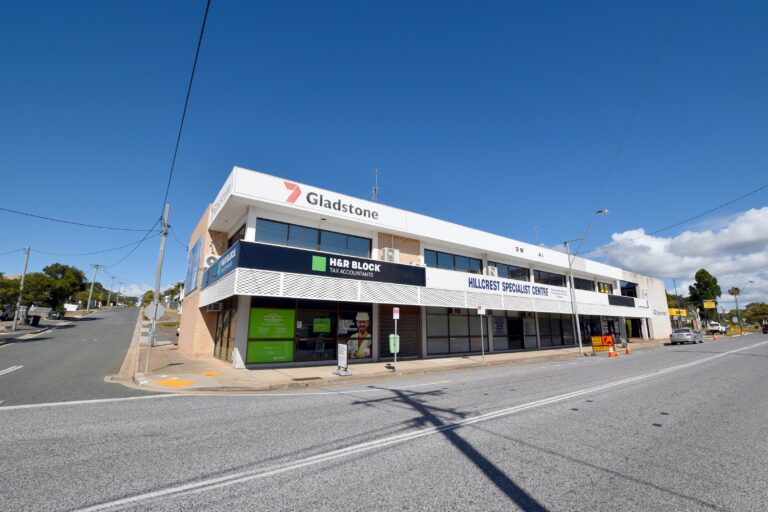
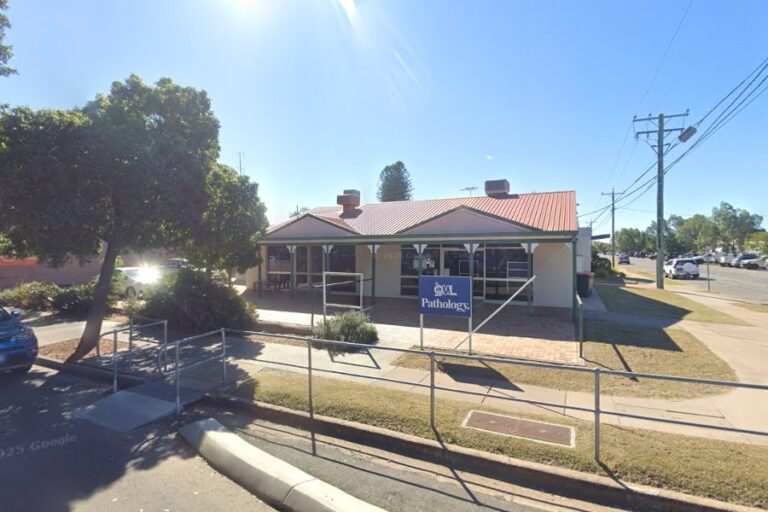



Tried to Geocode:
Error Type:
Please be sure to follow the tutorial on how to setup the Google APIs required for the Advanced Google Map Widget.
Google Map API Key Tutorial
